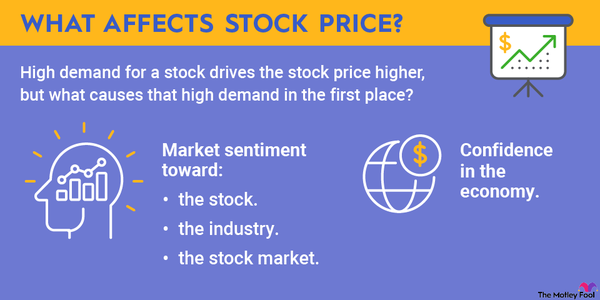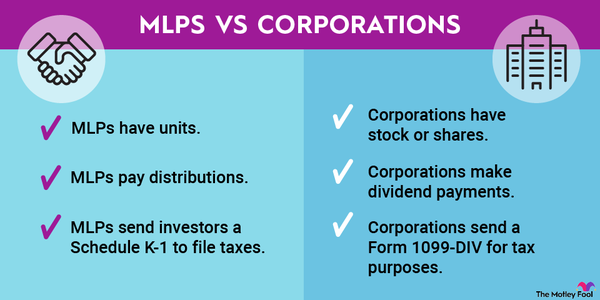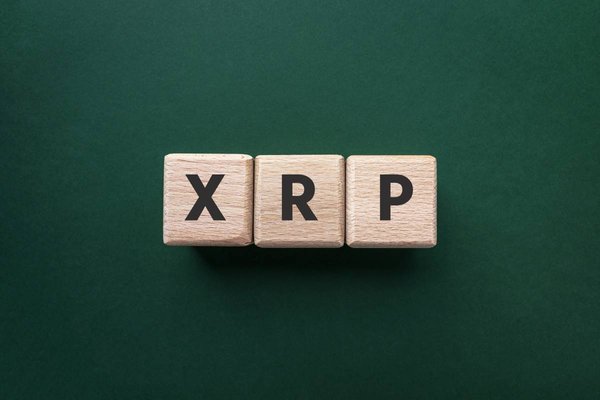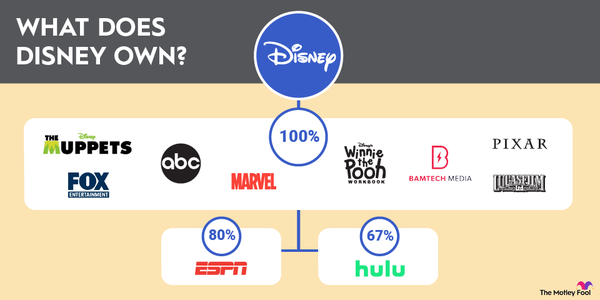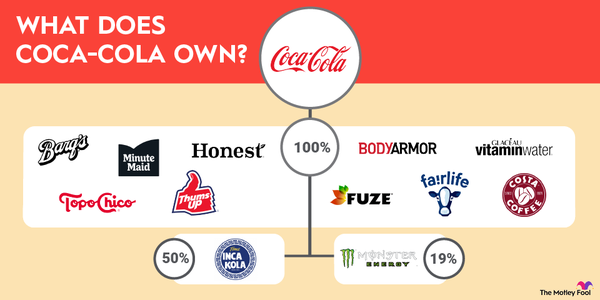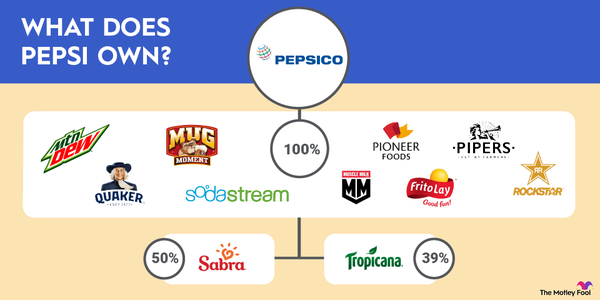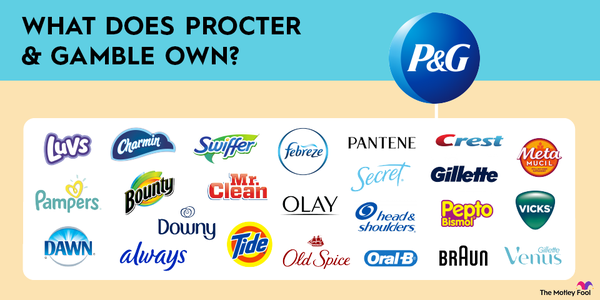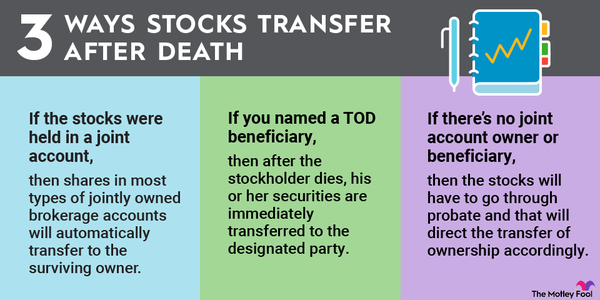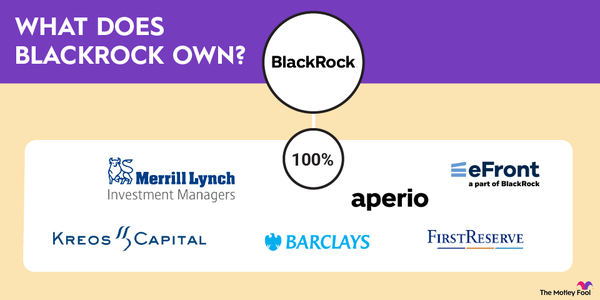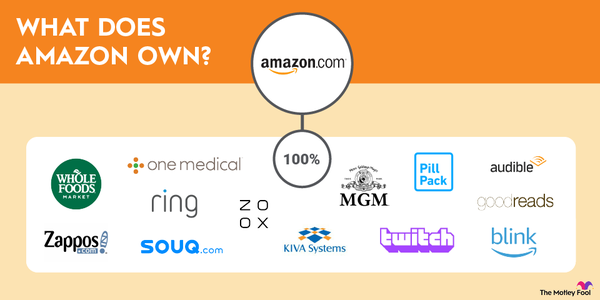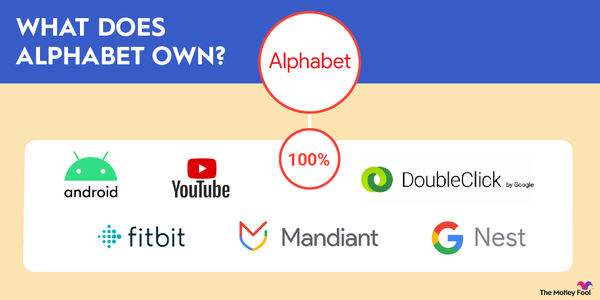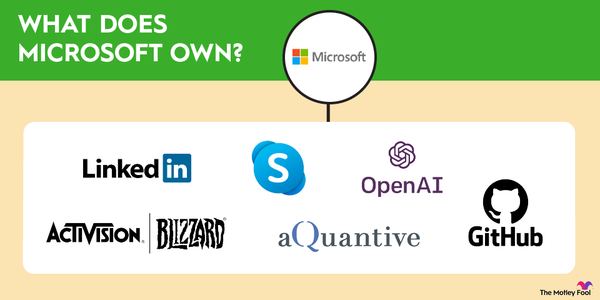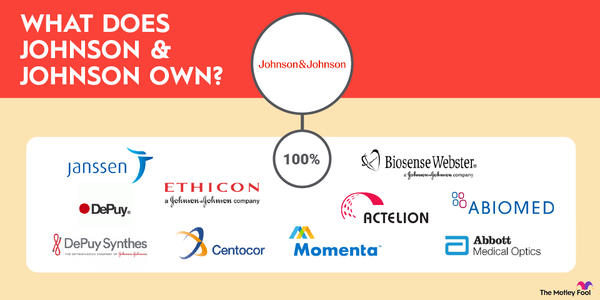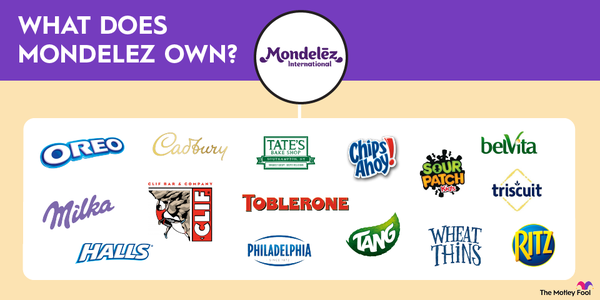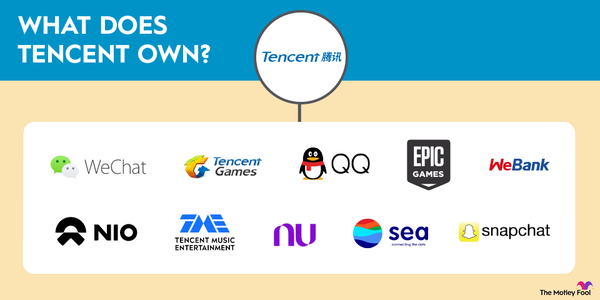Owning a piece of Deloitte stock might sound appealing to many investors. After all, it is the world's largest professional services company by revenue and number of employees, with approximately 460,000.
Along with Ernst & Young, KPMG, and PricewaterhouseCoopers (PWC), Deloitte is known as one of the Big Four accounting firms.
Deloitte brought in $67.2 billion in revenue in fiscal 2024, and its influence spans a wide range of industries. Thousands of companies rely on it for tax services, auditing, consulting, financial advising, and risk management services.
In this look at Deloitte, we'll examine the status of the company, whether the company will go public, how you can get exposure to it, and whether it's profitable.

Is it publicly traded?
Is Deloitte currently publicly traded?
Deloitte is currently a privately held company. The company was founded in 1845 as a small London accounting firm. It expanded to the U.S. in 1893 and thrived with the introduction of the income tax in the 1910s, the regulations from the New Deal in the 1930s, and the beginning of the information technology revolution in the second half of the 20th century.
Through the 1980s, it continued to grow, capitalizing on the boom in mergers and acquisitions and the growth in consulting in the 1990s through the beginning of the 21st century.
However, Deloitte has never been a publicly traded company. The company is made up of individual firms that are members of Deloitte Touche Tohmatsu Limited, a private company limited by guarantee that is incorporated in England and Wales. Typically, Deloitte member firms are structured as limited liability partnerships owned by their partners.
When will it IPO?
When will Deloitte IPO?
Deloitte will probably never have an initial public offering (IPO) due to its corporate structure. Legal restrictions prevent the company from going public because of its unique ownership structure. According to its bylaws, only qualified people -- typically partners who work for the firm -- are allowed to own part of the company.
None of Deloitte's Big Four peers are publicly traded, and other professional partnerships, such as law firms, typically aren't publicly traded either, although some other consulting firms that compete with Deloitte are publicly owned, like Accenture (ACN -1.56%) and Booz Allen Hamilton (BAH 1.97%).
With $67 billion in revenue, it's one of the largest privately owned companies in the U.S., but you'll probably never see its name on the IPO calendar.
IPO
How to invest
How to buy Deloitte stock
Deloitte isn't publicly traded, so you can't buy shares of the stock.
Only partners can own equity in the company, and the only way to become a partner is to work for the company and be promoted to partner.
The company has a formal remuneration process for sharing profits, and partners receive profits based on the number of units they hold. Deloitte measures its equity by units instead of shares.
In other words, if you're not a partner at Deloitte or married to one, you're not going to be able to own any equity in the company.
However, there are similar companies to Deloitte that are publicly traded and that you can invest in.
To buy stock in these companies, you will first need to open a brokerage account. A few popular options include Fidelity, TD Ameritrade, Etrade, and Robinhood (HOOD 3.76%).
Then you'll need to fund it and decide on a budget, or how much you can invest in these stocks. If you are a new investor, you'll want to have a diversified portfolio and carry at least 10 stocks. A good rule of thumb to stay diversified is to not let any of your holdings exceed 10%, though there are exceptions to that rule.
Finally, you should do your research to make sure you understand the stock you're investing in, its prospects and risks, and place an order.
If you'd like to invest in a stock like Deloitte, keep reading to see a few options.
1. Accenture
The publicly traded company that most closely resembles Deloitte is probably Accenture. Like Deloitte, Accenture is a large consulting firm with financials similar to Deloitte's. It has a market cap of more than $200 billion.
Both companies provide similar services, such as consulting and professional services. The biggest difference between the two is that Accenture is structured like a publicly traded corporation rather than a partnership.
It also has a different set of strengths from Deloitte in terms of professional services, but the company is similar to the Big Four accounting firms. In fact, Accenture began as the business and technology consulting segment of Arthur Andersen, which was one of the Big Five accounting firms before it went bankrupt due to scandals related to Enron and Worldcom in the early 2000s.
Accenture generated $7.4 billion in profit on $64.9 billion in revenue in its fiscal 2024, which is an 11.4% profit margin.
2. Booz Allen Hamilton
Another publicly traded company that competes closely with Deloitte is Booz Allen Hamilton. Booz Allen is a much smaller firm than Deloitte or Accenture but provides similar services.
The company is best known for providing consulting and other professional services to the federal government, but it also services other customers, primarily focusing on consulting.
In the second quarter of its fiscal year 2025, the company reported industry-leading organic revenue growth of 18%. It also posted $233 million in net income on $3.15 billion in revenue, giving it a 7% profit margin. Booz Allen carries a significant amount of debt at $3.4 billion.
3. Gartner
Finally, Gartner (IT 2.08%) is another publicly traded consulting firm. Gartner is best known for technology consulting, and its research reports, such as the Magic Quadrant, are closely tracked by the industry companies it ranks.
Gartner is less of a direct competitor to Deloitte than more comprehensive professional services firms, but it's a good option for investors looking for exposure to the tech consulting industry.
The company reported $1.5 billion in revenue in its third quarter of 2024 and adjusted net income of $195 million, giving Gartner a profit margin of 13%.
Profitability
Is Deloitte profitable?
Deloitte just finished its fiscal 2024 with revenue of $67.2 billion, a 3.5% increase in dollars. It also expanded its workforce to 460,000.
Tax and legal was its fastest-growing segment, with local currency up 8.7%, followed by Financial Advisory, which was up 3.2%.
Deloitte doesn't typically report its profits, but in 2021, its U.K. business announced a profit margin of 16.8%. With revenue of $67 billion, the company would have an operating profit of roughly $11 billion in fiscal 2023. At that level of profit, Deloitte's market cap would probably top $200 billion if it were publicly traded.
In other words, Deloitte is highly profitable, and that's unlikely to change.
Should I invest?
Should I invest in Deloitte?
Given its corporate structure, there's no real way to invest in Deloitte stock, but many of its publicly traded peers have a history of outperforming the market.
Accenture, for example, has a long history of beating the market, with its stock rising more than 300% in the last decade.
Booz Allen Hamilton and Gartner have an even better track record over the last decade, jumping more than 400%. Considering the steady growth in the professional services industry and the increasing need and demand for consulting services, especially as the artificial intelligence (AI) boom seems to be taking off, these companies are likely to continue to grow.
Exchange-Traded Fund (ETF)
ETFs
ETFs with Exposure to Deloitte
Since Deloitte isn't a publicly traded company, there aren't any exchange-traded funds (ETFs) that carry the stock.
Some of the publicly traded consulting firms can be found in ETFs. Accenture, for example, is held by several ETFs, including the iShares U.S. Tech Independence Focused ETF (IETC 1.28%), with holdings making up 7% of the ETF.
Booz Allen Hamilton can also be found in a number of ETFs that track the market, including the Vanguard Total Stock Market ETF (VTI 1.14%).
Finally, Gartner stock is held by a number of ETFs, including those that track the S&P 500, like the SPDR S&P 500 ETF (SPY 1.2%), since it's a member of the index.
There are hundreds of ETFs on the market, so you should be able to find ETFs that offer exposure to consulting stocks of a reasonable size.
Related investing topics
The bottom line
The bottom line on Deloitte
Based on its limited financial reporting, we know that Deloitte is a highly successful business with $67 billion in revenue and an estimated operating profit of $11 billion in fiscal 2024. The company also has a long track record of steady growth, and it's been around for almost 200 years.
Unfortunately, Deloitte's corporate structure and business model make it highly unlikely that the company will go public. Still, investors who are thinking of investing in consulting stocks have other options that are also worth their investment dollars, including Accenture, Booz Allen Hamilton, and Gartner.
It's worth exploring those stocks if you're interested in the sector.
FAQ
Investing in Deloitte FAQ
Does Deloitte have a stock?
Deloitte is not a publicly traded company, so you cannot buy its stock. Its partners own units, which function like shares of a stock, that determine how much of a share of profits they get.
Does Deloitte have an investment bank?
Deloitte has an investment banking arm called Deloitte Corporate Finance. However, that's not the company's primary focus, and its investment bank is known more for boutique services. The investment bank is focused on midmarket businesses, meaning those with annual revenue between $10 million and $1 billion.
How much is Deloitte worth?
As a privately held company, Deloitte doesn't have a market value. But based on its results, the company is likely worth more than $200 billion if you compare the size of its business to publicly traded companies like Accenture.
Who is the owner of Deloitte?
Deloitte is owned by thousands of partners at individual Deloitte member firms. Those partners effectively make up senior management at those firms.
Those individual firms are members of Deloitte Touche Tohmatsu Limited.




































